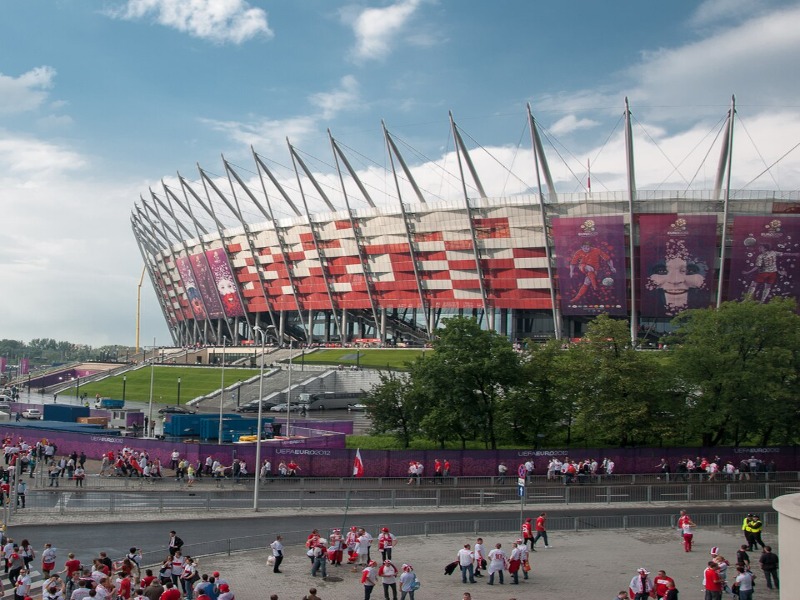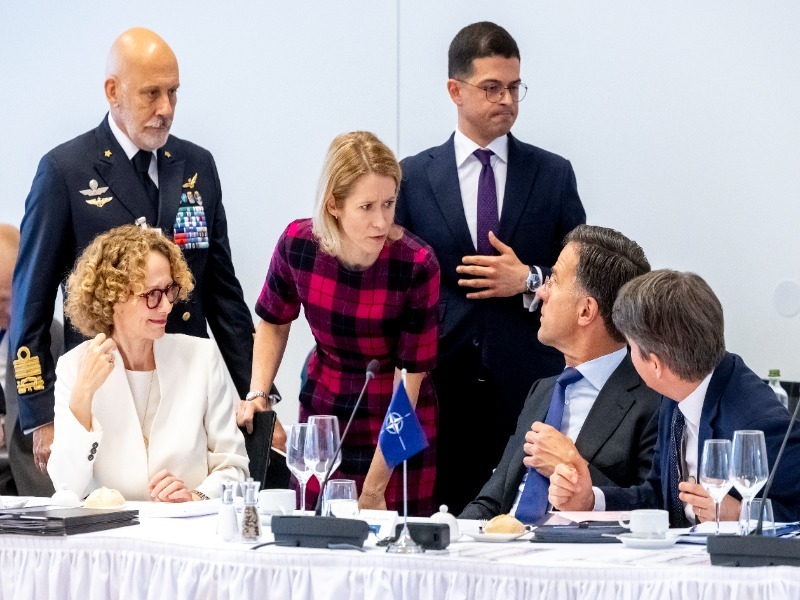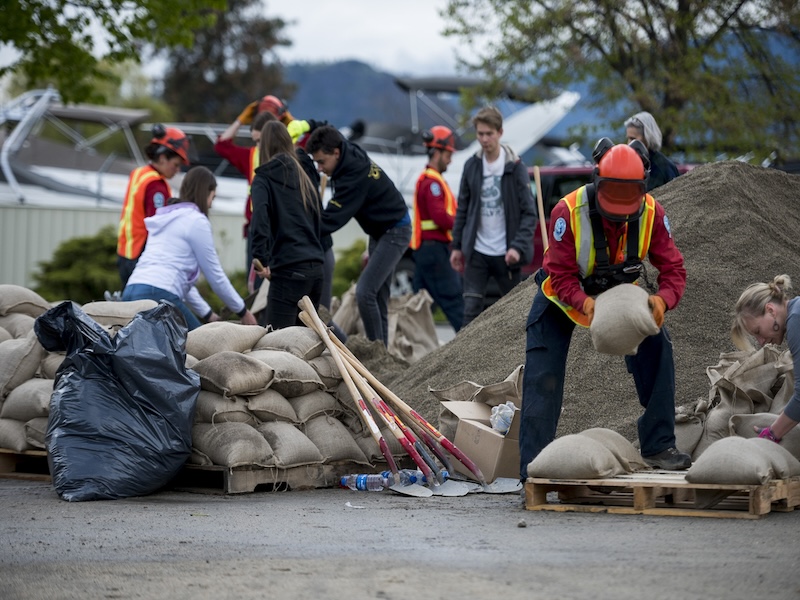For most of human history, space was a realm of imagination; a canvas for myth, curiosity, and scientific dreaming. Yet today, that same silent expanse has become one of the most critical, fragile, and politically charged domains of human existence. Space has shifted from a frontier of scientific ambition into a contested arena where geopolitical Read More…
4. Programs
placeholder for programs
Built to Watch: The Smart City and the Reinvention of the Surveillance State in Daily Life
In the opening credits of The Jetsons, George Jetson glides through Orbit City, where technology has freed humanity from the drudgery of everyday life. The show offered a comforting fantasy in 1962; a city built on technological infrastructure that could dissolve urban problems altogether. Six decades later, as real cities rush to install sensors in Read More…
One Energy Dependence for Another: Europe, US LNG, and Canada’s Opportunity
Since the 2022 Russian invasion of Ukraine, the European Union has moved to end reliance on Russian energy. On 26 January 2026, the Council adopted a stepwise ban on imports of Russian pipeline gas and liquefied natural gas (LNG), with a full ban on LNG from the beginning of 2027 and on pipeline gas from Read More…
From Mines to Mandates: Critical Minerals as the Key to Meeting Canada’s NATO Contributions
At the 2025 NATO Summit, Prime Minister Mark Carney announced that critical mineral expenditures would contribute to Canada’s 5% NATO defense spending contribution. Key to this new positioning is the building of essential industrial infrastructure necessary for critical mineral development and exportation, of which 1.5% of the new commitment is dedicated to. This new approach Read More…
Decolonizing Deterrence: Integrating Human Centric Approaches to Arctic Defence
How can Canada modernize its Arctic defence capabilities without repeating the environmental and social shortcomings of previous efforts?
Ross Manson examines how “decolonizing deterrence” is essential to countering increased Russian and Chinese influence in a region increasingly vulnerable to hybrid threats. Drawing on the legacy of the DEW
Line as a cautionary tale, this article demonstrates why Indigenous partnership and “dual use” infrastructure are strategic assets in building a resilient northern flank and what NATO allies can do to integrate human security concerns into regional sovereignty.
Defending Solidarity After Warsaw’s Flag Incident
On 9 August in Warsaw, police detained 109 people during a concert by Belarusian singer Max Korzh for “drug possession, unlawful entry, assaults on security staff and use of pyrotechnics.” At the same event, one attendee displayed the red-and-black flag associated with the Ukrainian Insurgent Army (UPA). The symbol is contentious in Poland because the Read More…
Spamouflage in Canada: How Targeted Disinformation Undermines Democracy
Two years have passed since Rapid Response Mechanism (RRM) Canada, which detects foreign interference and disinformation, identified the first Spamouflage campaign. First detected in 2023, the Spamouflage campaign refers to a covert disinformation operation that relies on networks of newly created or hijacked social media accounts, frequently seen to amplify narratives aligned with PRC (People’s Read More…
What Canada Has Yet To Learn from Ukraine About Countering Disinformation
Imagine a government on the verge of a decision that will take years to implement and billions of dollars to sustain. A major defence procurement. A long-term NATO deployment. A new assistance package for an ally. On paper, everything looks orderly. Briefings are prepared. Consultations take place. Procedures are followed. Yet, even before the decision Read More…
How the Canadian Army is Uniquely Positioned for the Intensification of Climate Change
The world at present is situated before an interchange between growing geopolitical tensions and surging national defence budgets. Albeit, the cycle is complicated by the current Climate Crisis. It is no longer weapons or foes in which the battlefield is defined, but the environment itself. Modern armed forces, including Canada’s, must therefore confront threats emerging Read More…
How does community-level climate resilience in Canadian coastal communities contribute to NATO’s transatlantic security?
Climate change is increasingly shaping the security environment across the North Atlantic. Extreme weather events, including flooding, wildfires, heatwaves, and coastal storms, are placing growing pressure on infrastructure, emergency response systems, and economic activity. Recognising these dynamics, NATO’s 2022 Strategic Concept acknowledges that climate impacts affect military operations, degrade critical infrastructure and shape geopolitical competition. Read More…










